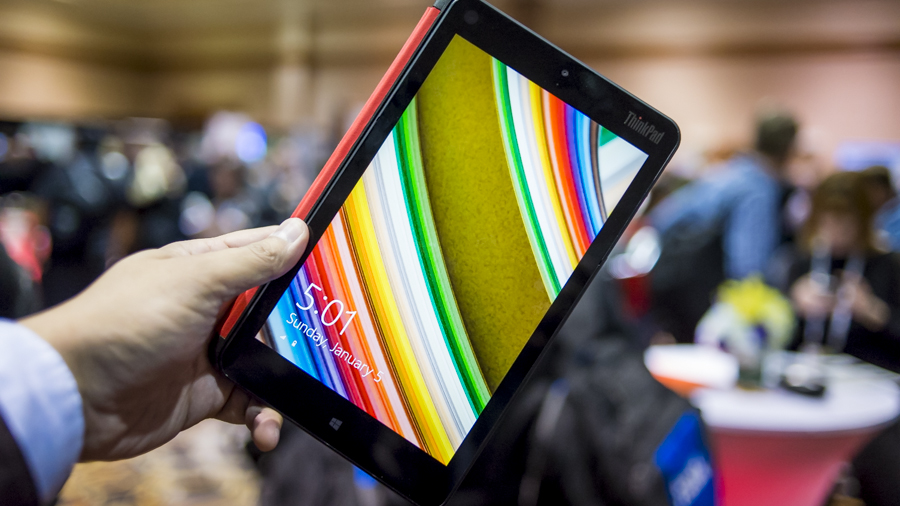Desktop PC revival boosts Lenovo sales and revenues
Profits rise to more than $1 billion per year

Lenovo has announced that its profits have jumped by a quarter in the fourth quarter of its financial year with desktops and mobile devices fuelling its growth globally.
2014 has been a great year for the Chinese technology company following the headline-grabbing acquisitions of IBM's server business and Motorola Mobility for $2.3bn and $2.91bn respectively.
Both purchases allow it to expand its global footprint and capitalise on the growing Post-pc market.
Full year revenues grew 14% year-on-year to reach $38.7bn (about £23bn, AU$42bn), which means that Lenovo should comfortably surpass $40bn if it maintains this growth rate. The company's profits surpassed $1bn (about £600m, AU$1.1bn) for the first time ever, up a whopping 27% year-on-year.
It consolidated its position as the biggest personal computer in the world with a near 18% share of a market that has been declining by 8% over the last year.
Lenovo, a true global tech giant?
For the first time ever as well, EMEA revenues for the company surpassed those of mainland China, a fact which highlights Lenovo's lesser reliance on its traditional home base.
Laptops and desktops still account for the bulk of the company's revenue (80%) with smartphones and tablets accounting for another 13%.
Are you a pro? Subscribe to our newsletter
Sign up to the TechRadar Pro newsletter to get all the top news, opinion, features and guidance your business needs to succeed!
Lenovo shipped nearly 13 million units, adding a percentage point to its market share, to 4.6%, a figure that's bound to increase after the Motorola Mobility purchase. The company will be looking to boost its operating profit margins which are currently in the single-digits.
IBM's low-end server business unit is likely to give that a boost as it brings a 14% market share to Lenovo along with the possibility to offer a more complete end-to-end solution to businesses dealing exclusively in Intel-based hardware.

Désiré has been musing and writing about technology during a career spanning four decades. He dabbled in website builders and web hosting when DHTML and frames were in vogue and started narrating about the impact of technology on society just before the start of the Y2K hysteria at the turn of the last millennium.